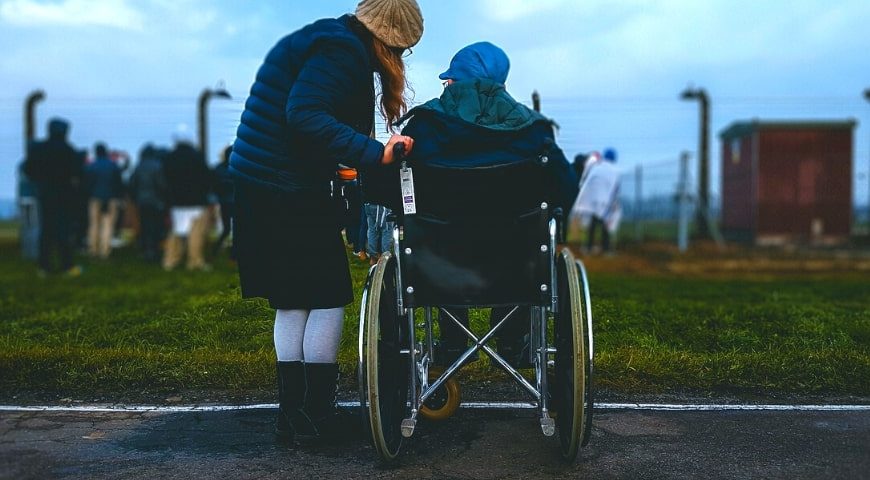
Geriatric care refers to the specialized healthcare older adults receive. The risk of illness and disease increases with age, so seniors require special attention to their health. Geriatric care aims to provide high-quality, patient-centered care for older adults. The goals are to extend and improve the quality of life.
People respond differently to various diseases, illnesses, and medications. As a result, geriatric care providers help with assessments and care planning.
Do you have an older adult at home who needs special care? Keep reading, and we’ll tell you more about geriatric care.
Things You Need To Know About Geriatric Care
The Importance of Geriatric Care
Geriatric care is important because it addresses the unique needs of older adults. These are issues that older people and their families might not understand on their own. It will also include things their primary care physician may not cover.
Examples of Geriatric Care
This type of senior care can cover an array of services. Some services in geriatric care include:
- Medical Care: Healthcare for seniors often differs from the care younger people need. A geriatric care manager may also oversee the medical care.
- Rehabilitation Services: These services may include occupational therapy, physical therapy, or speech therapy. The goal of rehabilitation services is to help improve the condition caused by an injury or illness.
- Social Support: This service promotes social engagement to keep older adults connected and engaged with other people. It can include arranging events or outings and providing transportation.
- Long-term Care: Seniors who can no longer carry out their daily activities need long-term care. It can include everything from bathing and dressing to managing medication.
Common Geriatric Conditions
It’s no surprise that older people become more vulnerable to certain diseases and illnesses. Did you know that 80% of older adults aged 65 and above have at least one chronic condition? Furthermore, 68% suffer from two or more chronic conditions.
The following are some of the most common geriatric conditions:
- Hypertension
- Stroke
- Cancer
- Arthritis
- Chronic heart disease
- Chronic kidney disease
- Diabetes
- Heart failure
- Dementia and Alzheimer’s disease
- Depression
- Chronic obstructive pulmonary disease
Geriatric Assessments
Some seniors must undergo a geriatric assessment to determine an appropriate healthcare plan. It includes evaluating the individual’s physical health, mental health, cognitive function, and capacity.
A geriatric assessment may include the following:
- Daily activities
- Existing medical conditions
- Mental state
- Nutrition
- Social involvement
- Risk of injury and illness
Care That Goes Beyond
The Mountain Side of Warm Springs fosters an environment of purpose and independence for our residents. Our goal is for every resident to be comfortable and confident in the community. Click here to learn about our customized services. You can also click here for pricing and floor plans.
Schedule a visit to our senior care community by clicking here.
Thanks for visiting!



